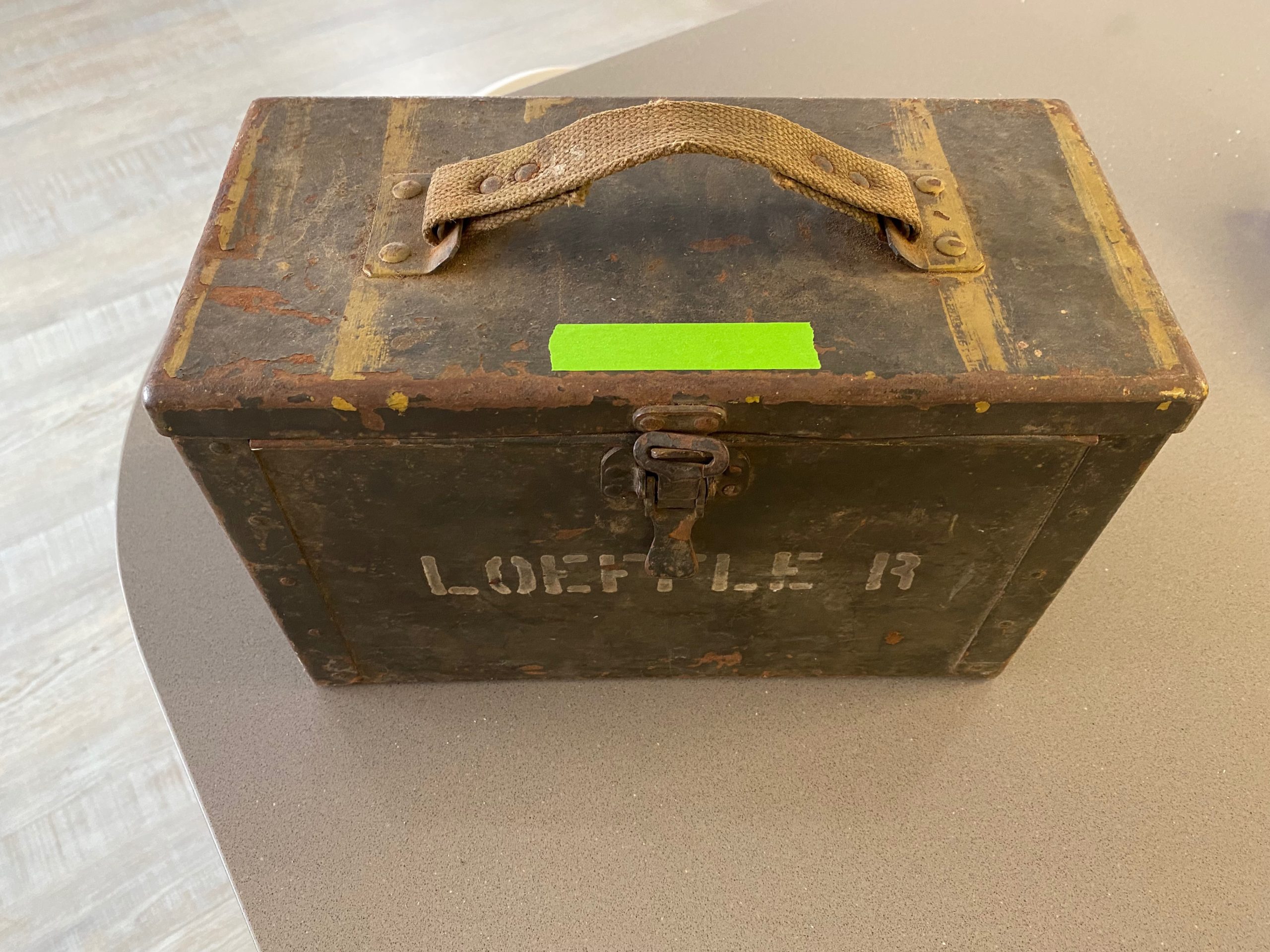We just finished our 2nd intro seminar that is entitled, “Changing the conversation around grief”

One of the topics that surfaced was having more than one type of conversation. I would like to reference the preemptory and the post-traumatic type conversation today. Our idea of changing the conversation starts with overcoming the stigma and reluctance to start the conversation that needs to be talked through. In the case of aging parents, my example of how our son started the conversation was, “Hey, mom and dad have you made out a will?”
How simple and direct was that question? We looked at one another and admitted that it was time to have these conversations. How much easier would life be if our hesitation to ask a difficult question vanished? The awkwardness you feel betrays the value of answer. So often the question is responded to with,
“What? I don’t want to talk about that.”
The symptom of awkwardness in confronting something that you would rather not face. Yet, with the occurrence of an unanticipated death, had the question been asked, then the feelings of grief mixed with guilt could have been avoided. Guilt in knowing that there was something left unsaid.
However, if you have a plan for your estate, then the conversation is much easier to have. In contrast, a parent may have an estate plan and their survivor may regret that they responded the same way with,
“Let’s not talk about that now.”
Conversations becomes a critical part of the grief process or any process really. As we discussed, in the introduction of Seminar 2, “You are not ready until you are ready.” Being ready is acknowledging that you can step into the grief. I have found that the Marine adage of “Over, Around or Through” that only by going through grief can you heal. Going over or around only avoids the issue and doesn’t begin healing.
Communication is critical in both instances. Having the conversation ahead of time is a preference. In the unfortunate case were the question wasn’t asked, it must then occur post-event. In this case, relying on a post-traumatic event conversation you can begin the process to heal from the loss. Now this event can be anything, I used an example of an estate plan or will however, the example could have been a divorce, the loss of health, death of a grandparent or child. The Grief Recover Institute has identified over 40 different types of events that cause grief.
Sometimes, we get stuck in the avoidance cycle like a washing machine stuck in the spin cycle. I know I attempted to side step my grief by putting it all in the ammo box. It wasn’t until my grief sounded the alarm and threatened to explode that I paid attention. The compartmentalization of my pain over the loss of my daughter responded with that alarming siren. My alarm showed up for me as a loss of interest in my life and well-being.
Yet, I wasn’t naming it as grief and I was suffering. I realized that the pain wasn’t serving me and that by reaching out for help I could begin to understand how this was grief. I could then heed the warnings of my stress induced behaviors and thereby address my grief. I didn’t want to ruin what Nancy and I had built and committed to and work so hard at. We ech grieved differently and I had to find my own way.
That is when I began my own inner work and explored Men’s Group work and eventually the Grief Recovery Method that I use in my grief service and support work. Being willing to understand that my heart was broken and that I was having difficulty doing this work on my own opened me to the healing that I now offer to others. More from the Ammo Box in future writings.
leave a reply
You must be logged in to post a comment.